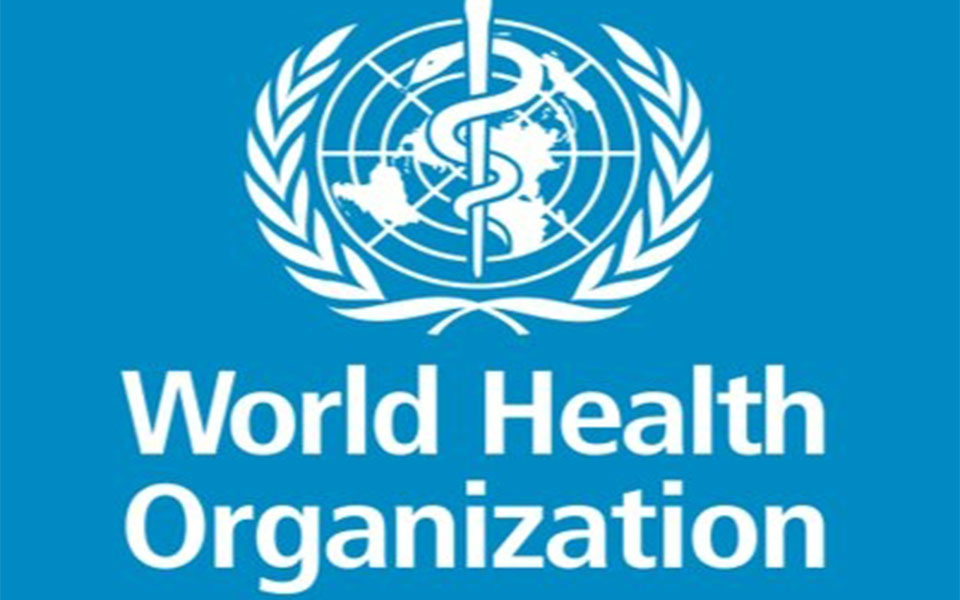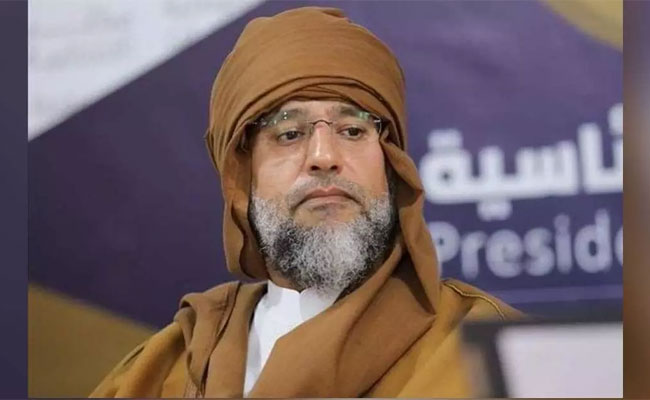Geneva, May 13: The World Health Organization (WHO) warned on Saturday that stopping the latest Ebola outbreak in the Democratic Republic of Congo (DRC) will be a serious, tough and costly challenge, which requires preparedness for all scenarios.
WHO Director-General Dr Tedros Adhanom Ghebreyesus is scheduled to travel to DR Congo over the weekend to take stock of the situation and direct the continuing response in support of the national health authorities.
"WHO staff were in the team that first identified the outbreak. I myself am on my way to the DRC to assess the needs first-hand," Xinhua quoted Tedros as saying.
"I'm in contact in the Minister of health and have assured him that we're ready to do all that's needed to stop the spread of Ebola quickly. We are working with our partners to send more staff, equipment and supplies to the area."
An outbreak of Ebola virus disease (EVD) in Bikoro health zone, Equateur Province, was declared four days ago.
The location is 250 km from Mbandaka, capital of Equateur Province in an area of the country that is that is very hard to reach.
As of Friday, 34 Ebola cases have been reported in the area in the past five weeks, including two confirmed, 18 probable (deceased) and 14 suspected cases. Five samples were collected from five patients and two have been confirmed by the laboratory.
"This is the country's ninth Ebola outbreak and there is considerable expertise in-country," Dr Matshidiso Moeti, WHO Regional Director for Africa, was quoted as saying.
"However, any country facing such a threat may require international assistance."
The current response plan to the outbreak includes surveillance, case investigation, and contact tracing; community engagement and social mobilisation; case management and infection prevention and control; safe and dignified burials; research response including the use of ring vaccination and antivirals; and coordination and operations support.
"It is too early to judge the extent of this outbreak," said Dr Peter Salama, WHO deputy director-general for Emergency Preparedness and Response.
"However, early signs including the infection of three health workers, the geographical extent of the outbreak, the proximity to transport routes and population centres, and the number of suspected cases indicate that stopping this outbreak will be a serious challenge. This will be tough and it will be costly. We need to be prepared for all scenarios," he added.
For now the WHO has listed the risks to surrounding countries as moderate, and has already alerted those countries and is working with them on border surveillance and preparedness for potential outbreaks.
Let the Truth be known. If you read VB and like VB, please be a VB Supporter and Help us deliver the Truth to one and all.
Ghaziabad (UP) (PTI): Three minor sisters died after allegedly jumping off the balcony of a ninth-floor flat in Ghaziabad early on Wednesday, police said.
Assistant Commissioner of Police (Shalimar Garden) Atul Kumar Singh said the police received information around 2.15 am about three girls jumping off the balcony of the ninth-floor apartment in a tower of Bharat City, located under the Teela Mor police station area.
On reaching the spot, the police found that the girls -- Nishika (16), Prachi (14) and Pakhi (12) -- daughters of Chetan Kumar, had fallen to the ground floor and suffered fatal injuries, the ACP said.
They were rushed by ambulance to a hospital in Loni, where doctors declared them dead on arrival, he added.
The police have initiated legal formalities and are investigating the circumstances leading to the incident, officials said.





